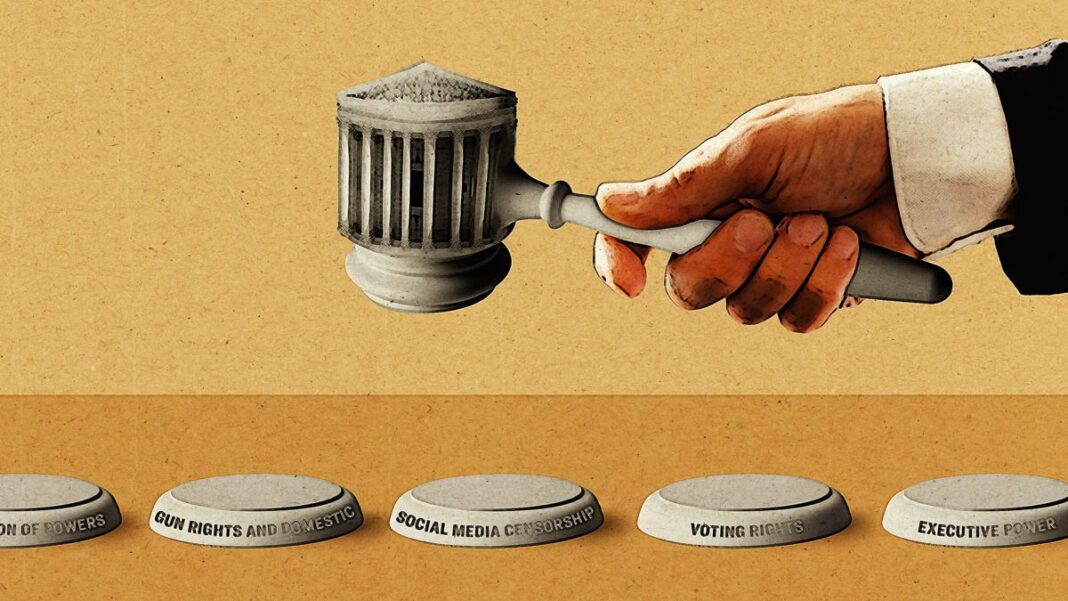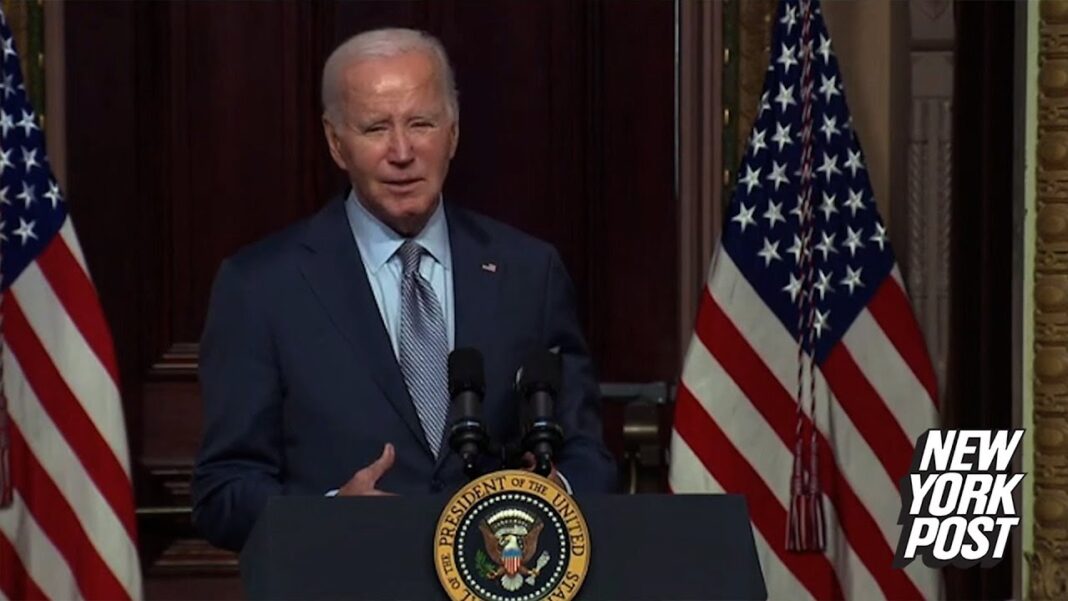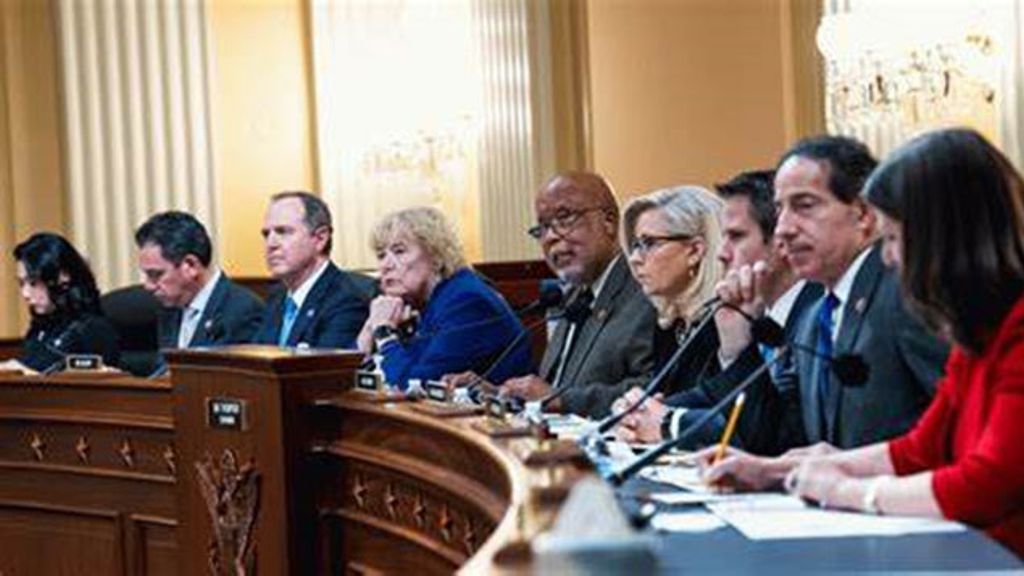
Social media censorship, federal regulation, separation of powers, gerrymandering, and gun rights are on the docket.
Each year, the Supreme Court gets flooded with more than 7,000 petitions to take up cases that can result in major changes to American law.
Ultimately, the justices accept between 100 and 150 of the petitions for writs of certiorari, according to the U.S. Courts’ website.
The top court tends to take cases from state supreme courts and federal courts of appeals, while clarifying questions posed by lower court decisions.
Just weeks into the new term, the Supreme Court has granted 37 cases with 35 arguments, with other cases likely to be added as the term continues. Only some of the arguments have been scheduled.
Below are several cases, or groups of cases, on the docket so far that could have far-reaching implications for voters, businesses, and the separation of powers.
Social Media Censorship
The court, led by Chief Justice John Roberts, is once again tackling big questions about the First Amendment and the understanding of how free speech protections apply on social media platforms, a relatively new technology in our nation’s history.
In recent years, politicians have applied scrutiny to tech giants such as Facebook, Google, and X (formerly known as Twitter) over accusations of left-wing bias and the censorship or ban of certain users’ posts.
Texas and Florida have attempted to address censorship by passing laws restricting how social media companies can moderate users’ speech.
Among other things, Texas’ law prohibits censorship based on viewpoint or geographic location, while Florida’s law targets a social media company’s ability to shadowban, de-platform, and censor content.
Florida’s law also required that social media companies provide individualized explanations for removing or altering a user’s post. The Eleventh Circuit Court of Appeals partially affirmed an injunction against Florida’s law, arguing that social media moderation was itself a form of protected speech.
The Texas law was upheld by the Fifth Circuit Court of Appeals, which said that the state law comported with how common law historically has treated common carriers. By contrast, the 11th circuit rejected a comparison to common carriers. The court also accused social media platforms of offering a “rather odd inversion of the First Amendment,” in which “buried somewhere in the person’s enumerated right to free speech lies a corporation’s unenumerated right to muzzle speech.”
By Sam Dorman







